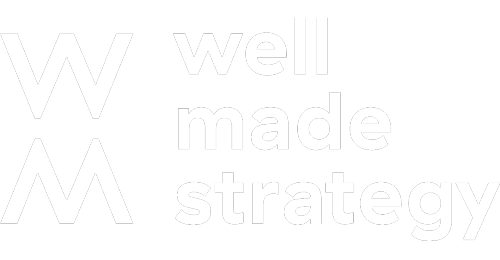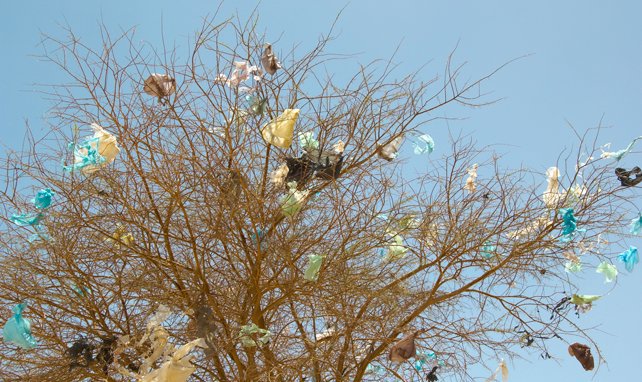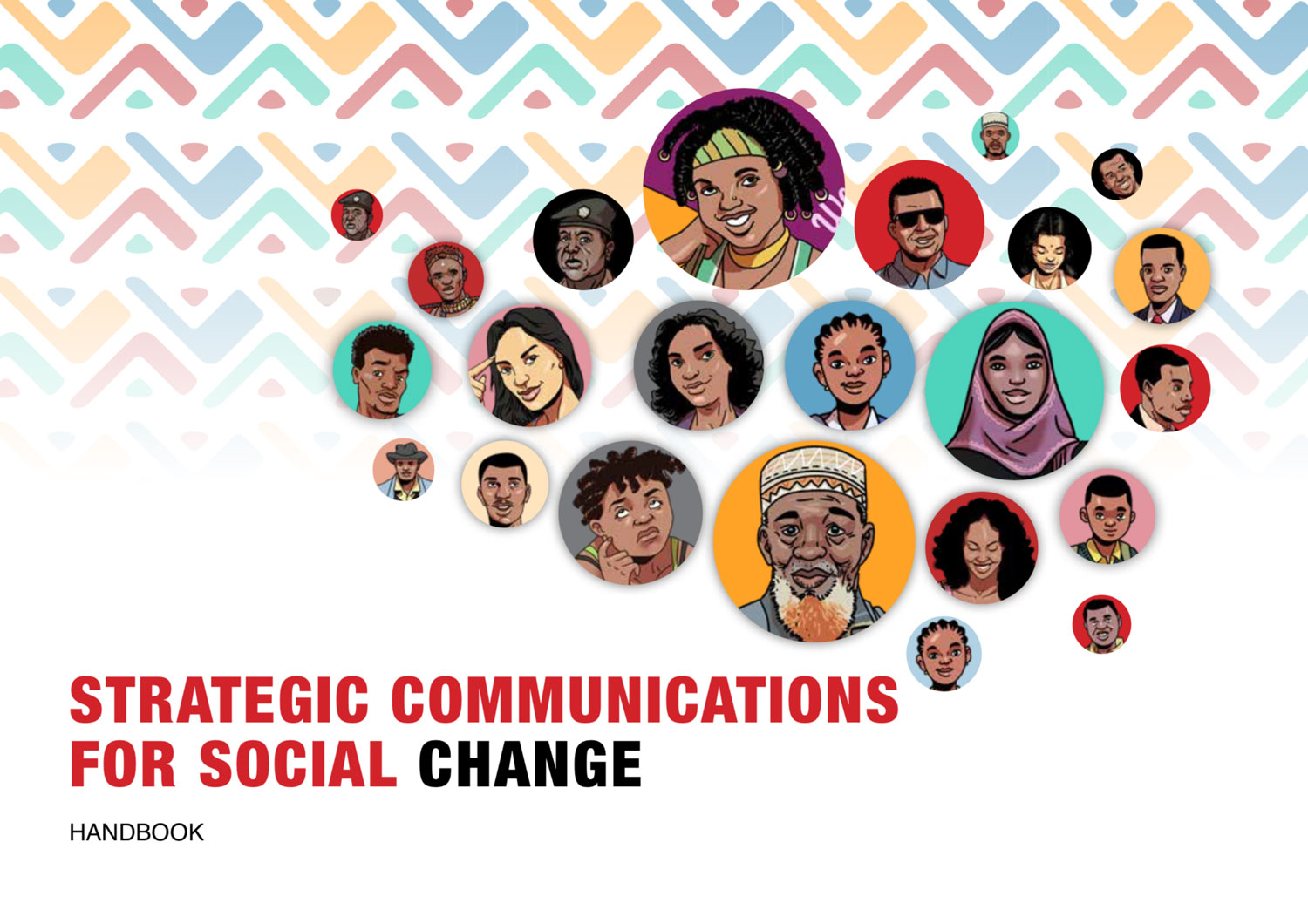When it comes to advocacy, emotion can be more powerful than logic. At the UNEP Plastic Bag Ban Forum, I heard the horrific statistic that 24 million plastic bags are used monthly in Kenya, and that they take 700 to 1000 years to biodegrade. This means that not a single plastic bag has degraded yet! The fact that plastic is destructive to the environment, our health and other living creatures, is not new information. So, why aren’t we all behaving differently?
Many advocates see their challenge as building awareness of some critical issue or reminding the public of facts long-forgotten. But, the best advocates focus beyond fact, to inspire people with emotion, values, and beliefs. For better or for worse, most people first ask ‘does this feel right?’, then ‘do I care?’ and then ‘do I agree?’ Unless you’ve won over the heart, no amount of logic and facts will win over the mind.
Whether you’re chatting with someone in the hallway of a conference, tweeting to your followers, or trying to convince your grandmother, there are some basic tricks to being more persuasive.
I thought I would think through these strategies in the context of the plastic bag ban which comes into effect in Kenya in August 2017.
- Get Personal
The most compelling story I heard was the effect of plastics on the beef we eat. There is an average of 2.5 plastics bags in each cow’s stomach in Kenya. Plastic is influencing how much our cows eat and how much of our food they produce.
- Choose your storyteller
The Rwandan delegate, said “I believe we didn’t get out of the stone age because of lack of stones, we did because of innovation.” Coming from another country in the region, that statement is a challenge to Kenya to live up to its name as a leader in innovation on the continent. She also put into perspective what seems like an impossible task but is actually one that can be achieved if we use our imagination. The use of plastics isn’t inevitable – we didn’t use it before so it is quite reasonable that we might not use it in the future.
- Activate the senses
Kenya’s natural beauty is literally turning into an eyesore. Everyone can see that, particularly along the highways.
Given Kenya’s dependence on tourism, we have a lot more to lose than beauty.
- Play the association game
Human beings also depend on associations to make up their mind – not just what they associate with the feelings, images and language used but also what they associate with the people relaying the message.
The right story by the right person transports us into the mind of that person where we feel what he or she feels. If a researcher says that plastics effects our food, that message is received differently to the same message coming from your friend tweeting about the bottle cap they found in their fish dinner.
- Appeal to shared values
For most of us, we would like to leave this world better, if not the same, as it was when we arrived here. At this rate, plastic bags are impacting over 600 species in the ocean, 15% of which are endangered. And these animals do not die quickly, they suffer a slow death from infection, drowning, starvation or strangulation. If we consider ourselves compassionate and caring citizens, are we doing what we can?
The Government of India shared some wonderful examples of innovations that shift the narrative of waste, to that of wealth. Plastics can be a source of economic growth and infrastructure development rather than waste creation.
If our beliefs, emotions and intentions match our actions, we could actually become a global leader in shifting toward more sustainable consumption. With the Kenya Plastic Bag Ban coming to effect in August it’ll be interesting to see how citizens choose to respond. Will it take enforcement of the law to bring about a change of behaviour or a recognition that what we are doing just does not feel right?
Nabila Alibhai is a Senior Associate at Well Made Strategy, part of the Well Told Story group
She tweets as @NabilaAlibhai






